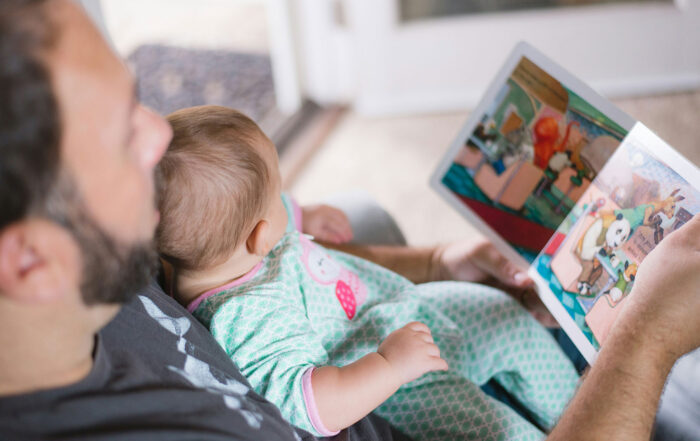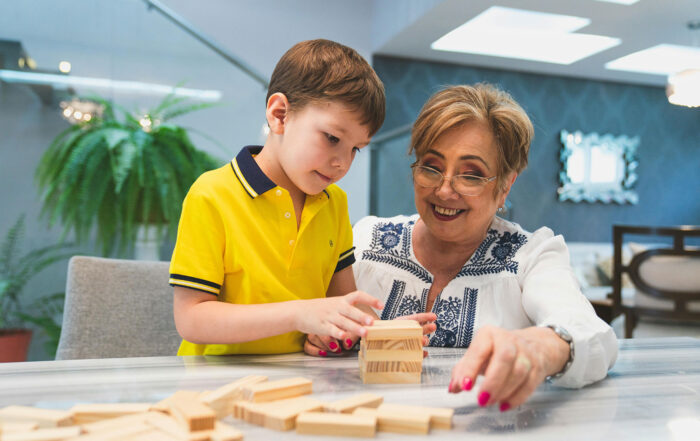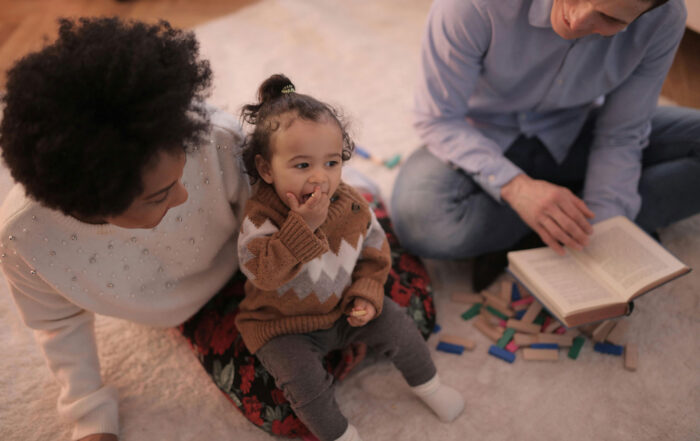
By Julie B. Kaplow and Mark W. Kline
No infectious disease since HIV/AIDS in the 1980s has captured the world’s attention in the way COVID-19 has. The HIV/AIDS pandemic is still with us nearly 40 years later. Effective treatment has made HIV/AIDS a manageable medical condition rather than the almost certain death sentence it was in the beginning, but a vaccine still eludes us. More than 32 million people have died of HIV/AIDS since the beginning of the pandemic, including about 700,000 Americans. Children were almost an afterthought in the early days of HIV/AIDS. Many children died, and even more suffered emotionally in response to the deaths of caregivers and relatives.
So far, it appears that children are being spared the brunt of the COVID-19 pandemic from a physical health perspective, but there is no doubt that there will be lifelong mental health consequences. Proactive measures implemented now, including raising awareness regarding children’s trauma and grief-related responses to the pandemic, can mitigate these potentially debilitating outcomes.
Research tells us that youth who have experienced prior traumas and losses — nearly half of U.S. children — are at significantly higher risk of developing mental health problems in the face of current adversity.
Share This Post!
Heal trauma with rhythm
Anyone who’s soothed a fussing baby knows that gentle rocking often does the trick. The vestibular (balance-related) stimulation that rocking creates is certainly a part of that. Equally important is the rhythm [...]
Will My Child Bounce Back From the Coronavirus Crisis?
With many months of the coronavirus crisis behind us and still more uncertainty and stress ahead, life is tough right now for kids of all ages. Many parents — seeing their children [...]
Trauma in Children During the COVID-19 Pandemic
Across the nation, everyone is being exposed to and reacting to the confusing, stressful, and sometimes frightening situation of the 2019 coronavirus disease (COVID-19) pandemic in different ways. But are we, and our [...]
How to Keep Children’s Stress From Turning Into Trauma
By Stacey Steinberg Children may be processing the disruptions in their lives right now in ways the adults around them do not expect: acting out, regressing, retreating or even seeming surprisingly content. [...]
Addressing Race and Trauma in the Classroom: A Resource for Educators
By the National Child Traumatic Stress Network This resource is intended to help educators understand how they might address the interplay of race and trauma and its effects on students in the [...]
The startling toll on children who witness domestic violence is just now being understood
By Jayne O'Donnel and Mabinty Quarshie USA TODAY SAVANNAH, Ga. – Latrelle Huff says her twins were conceived by rape. Now she blames domestic violence for her children's health problems. The Georgia [...]







